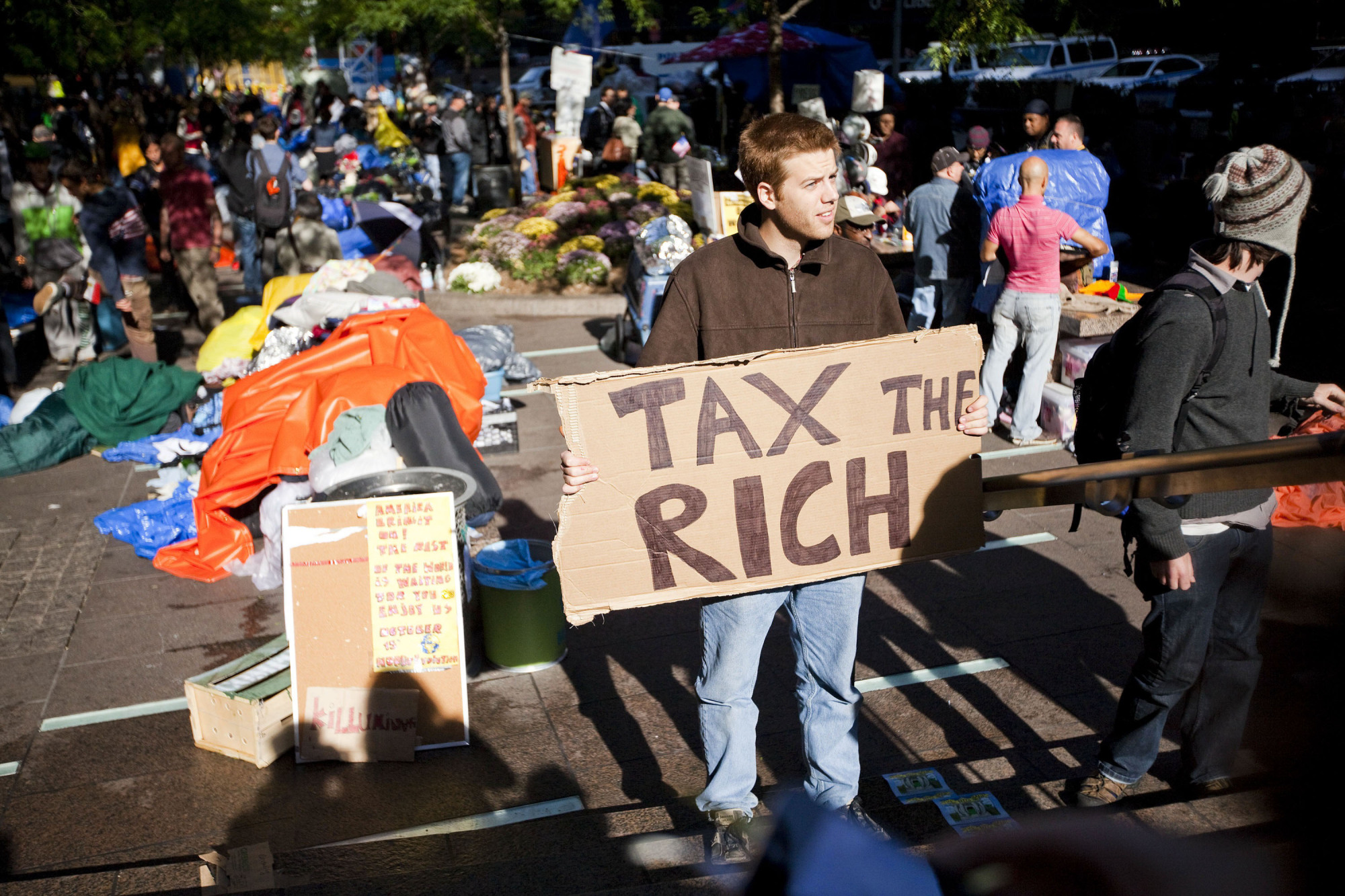The share of income and wealth going to the so-called "1 percent" has incensed protesters and agitated economists around the world. From the Occupy Wall Street movement to the work of academics such as Thomas Piketty and Gabriel Zucman, attention has zeroed in on what the super-rich earn and own, and on how governments should use taxes for redistribution.
Such policy ideas have taken center stage in the primaries of the U.S. Democratic Party, which decide who will challenge President Donald Trump in 2020. One of the runners, Sen. Elizabeth Warren, advocates a 2 percent wealth tax on fortunes above $50 million. She has found unlikely billionaire allies, including the investor George Soros and Facebook Inc. co-founder Chris Hughes, who say they'd accept a levy on their riches to "help address the climate crisis, improve the economy, improve health outcomes."
These are all smart people, but there's a danger they may be missing something here. The French economist Philippe Aghion points out that there's a direct correlation between high levels of inequality in favor of the top 1 percent and innovation (the creation of new technologies). Given that every country is eager to foster innovation — because it brings huge economic benefits — might there be an argument that a concentration of wealth at the top isn't necessarily a great evil?


















With your current subscription plan you can comment on stories. However, before writing your first comment, please create a display name in the Profile section of your subscriber account page.